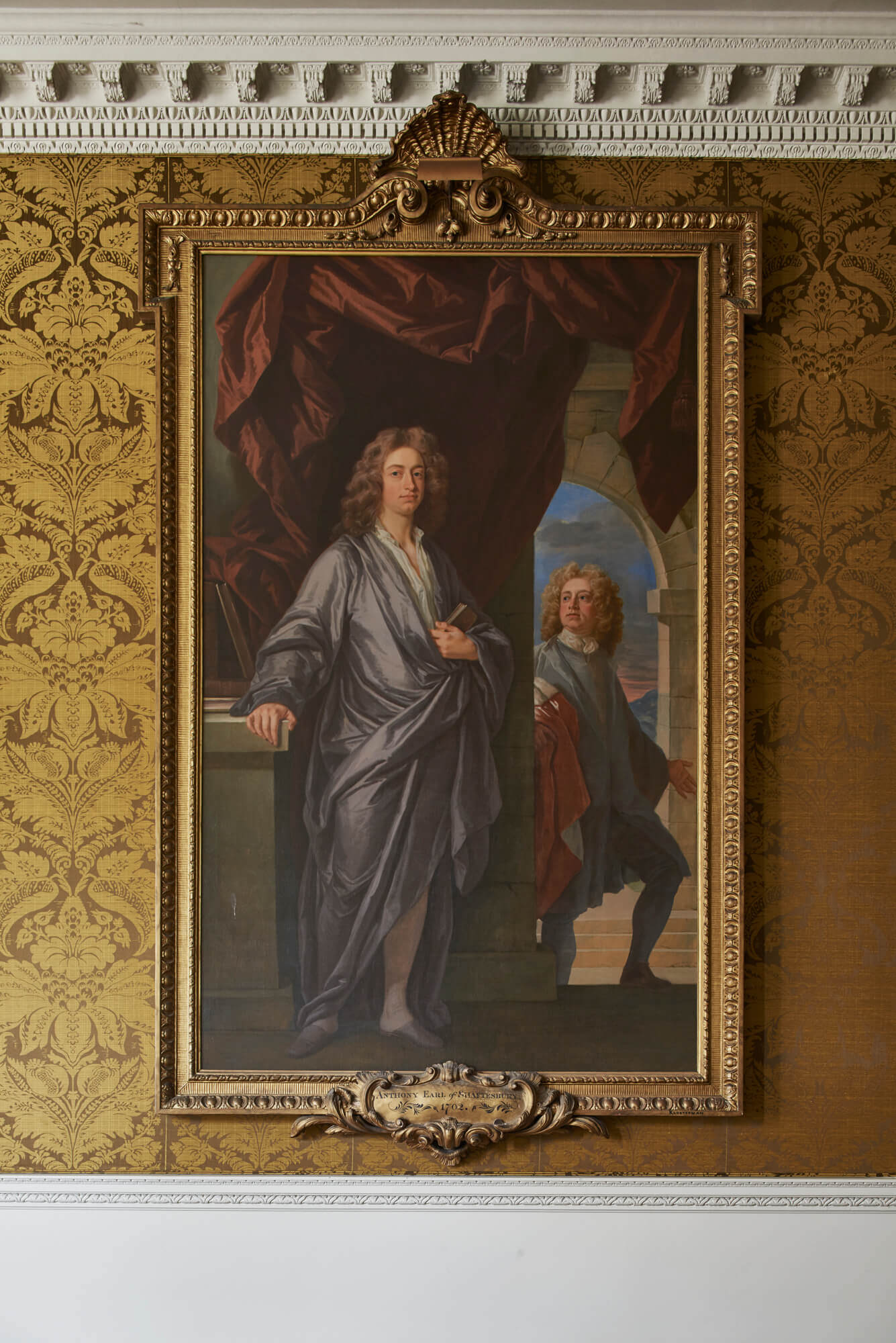One reason is that it was the home of a philosopher, Anthony Ashley Cooper. His ideas are radical, exciting and, as Mark Vernon writes, immensely illuminating when considered now.
Anthony Ashley Cooper was the Third Earl of Shaftesbury. Born in the latter stages of the seventeenth century, he seeded the genius of philosophers as diverse as Johann Wolfgang von Goethe and Adam Smith in the eighteenth. During his own lifetime, he was as well known as the British empiricist, John Locke, who was his tutor. That said, Shaftesbury disagreed profoundly with his master. In that conflict lies his brilliance and our need of him now.
Locke’s philosophy has shaped much of the world today. Empiricism is the idea that the only thing truly trustworthy is what we know via the senses. When, today, a scientist or politician insists that they “have the evidence”, they are parroting Locke’s legacy.
It’s led to a mechanical experience of life, interpreted as a complex network of causes and effects. Do this and that happens. The purpose of such knowledge is primarily to gain control. It equates science with power and views nature as a resource to be probed and plundered.
Shaftesbury rejected this reductionism with force. He sought a different foundation for his convictions and found one in the aesthetic. He saw that beauty is not an add-on, an optional extra that brings colour to otherwise dry laws and descriptions. Rather, it is precisely that which enables us to see those laws and descriptions in the first place. It’s at work inside them.
Consider how scientists make their discoveries. When Isaac Newton sat under the apple tree he realised that the power which causes the fruit to fall and the moon to orbit is one and the same. Nature revealed herself in this elegant, simple and beautiful connection. The law of gravity was born and science took a step forward because it recognised a symmetry.
Shaftesbury drew the only sensible conclusion from this, namely that nature herself is elegant, simple, beautiful. Science would fail if she weren’t. Further, what’s fine exists independently of human minds, though because our minds share in it, we can learn to see it. What’s lovely is not a fantastical fabrication of the brain but, rather, threads its way through the whole world. The role of the imagination is to enable us to discern its operations. “Harmony is Harmony by Nature,” Shaftesbury wrote.
To put it another way, our intelligence is a conscious expression of the intelligence that surrounds us. So, instead of science being a means of controlling nature, it can be a means of learning to relate to nature. Human beings can know that their genius and nature’s genius have a kinship. They arise from a common origin.
The idea was to run and run, though not in Britain. Instead, it went to continental Europe and catalysed the minds of Johann Wolfgang von Goethe and Alexander von Humboldt. These two early scientists used their imaginations and saw that nature is shaped by harmony and resonances, sympathies and symmetries. They studied it with their souls as much as their senses. As a result, Humboldt gave birth to ecology and Goethe developed the fundamental perceptions that Charles Darwin knit into the theory of evolution.
That said, Shaftesbury did make an impact in Britain, in another domain of thought. Adam Smith, now remembered for his work in economics, also wrote extensively on morality. The insight Smith received from the Third Earl was that human beings have a moral sense. It’s another aspect of beauty, informing an inner compass or ethical eye that can tell right from wrong. We only need to cultivate it.
Further, Shaftesbury became convinced that human freedom lies in this disposition of mind. Become fanatical or narrow-minded and you lead a fanatical and narrow life. But if you learn to see the world expansively, to join in with its artfulness and dance, then you are not only more likely to make good ethical choices but to enjoy life by experiencing the world aright. “Tis not a Head merely, but a Heart and Resolution which must compleat the real Philosopher,” he wrote.
Such delight is deep and real. In his life, Shaftesbury suffered extensively from ill-health and died relatively young, but his faith in beauty sustained him. It helped him want the whole of his life, especially the hard parts, lest he become a slave to them. Other virtues assisted him, not least humour, which he realised needn’t be sarcastic but can take delight in life’s vicissitudes. He wrote about how it can cut through masks and fears and free us.
Our times are troubled. We seek to reassert control. But Shaftesbury suggests another way. Seek the inner liberty that can’t be taken from you, he advised, because it is the freedom enjoyed by the sun when it rises and the bird when it flies. Trust what beautifies life and life will become beautiful to you.
